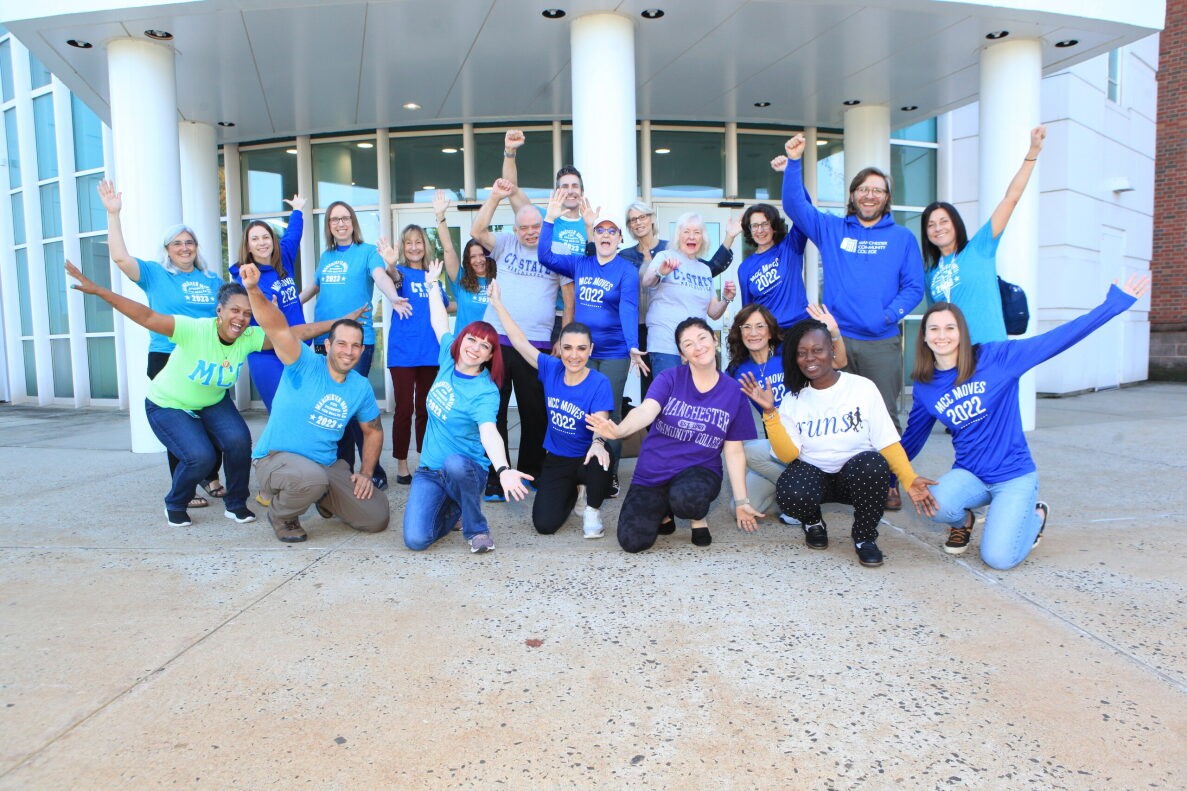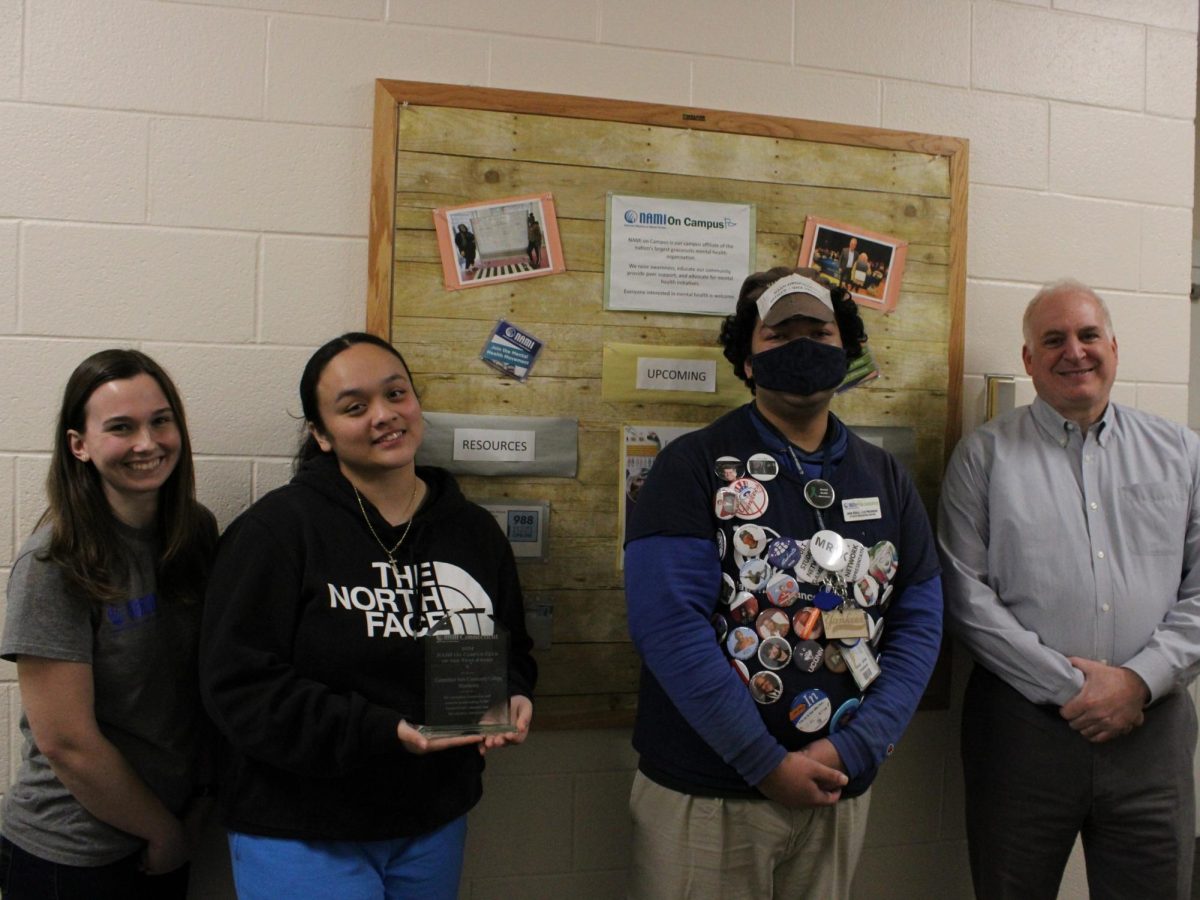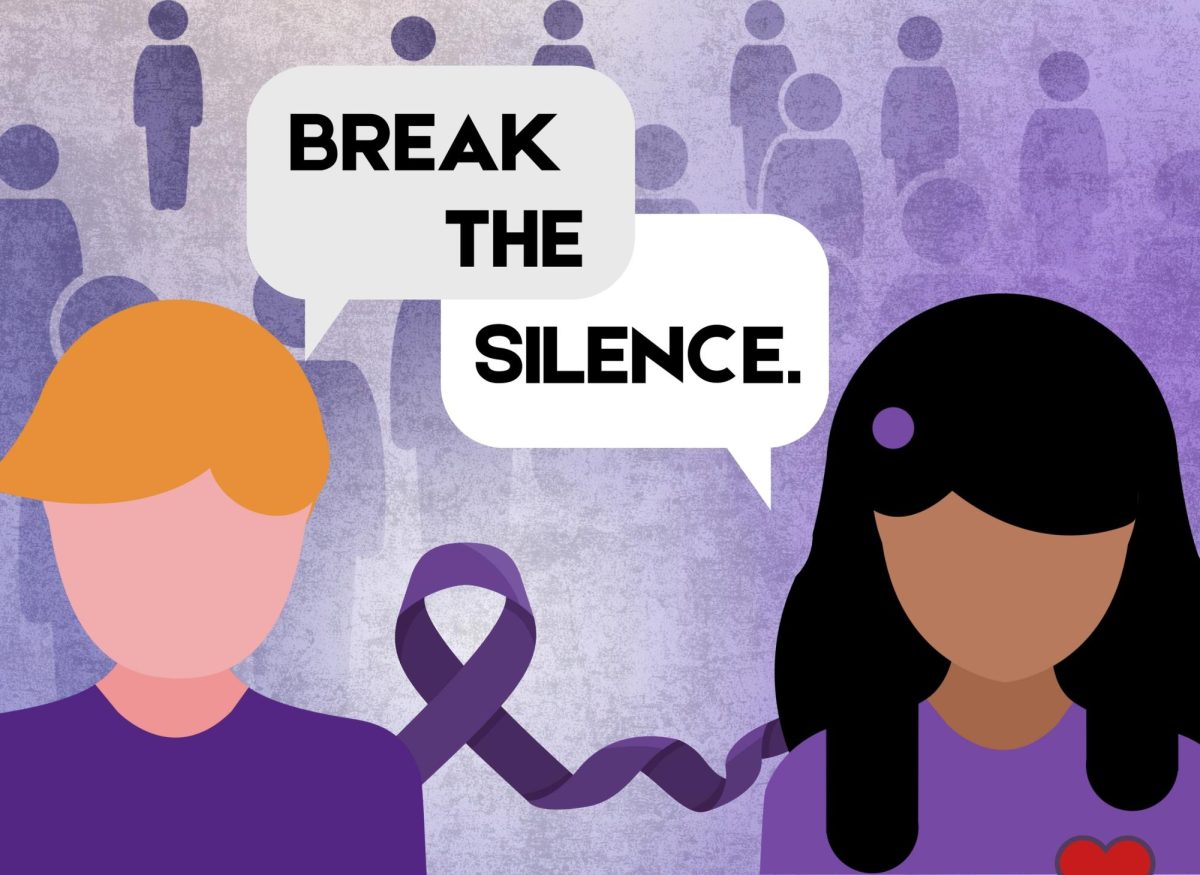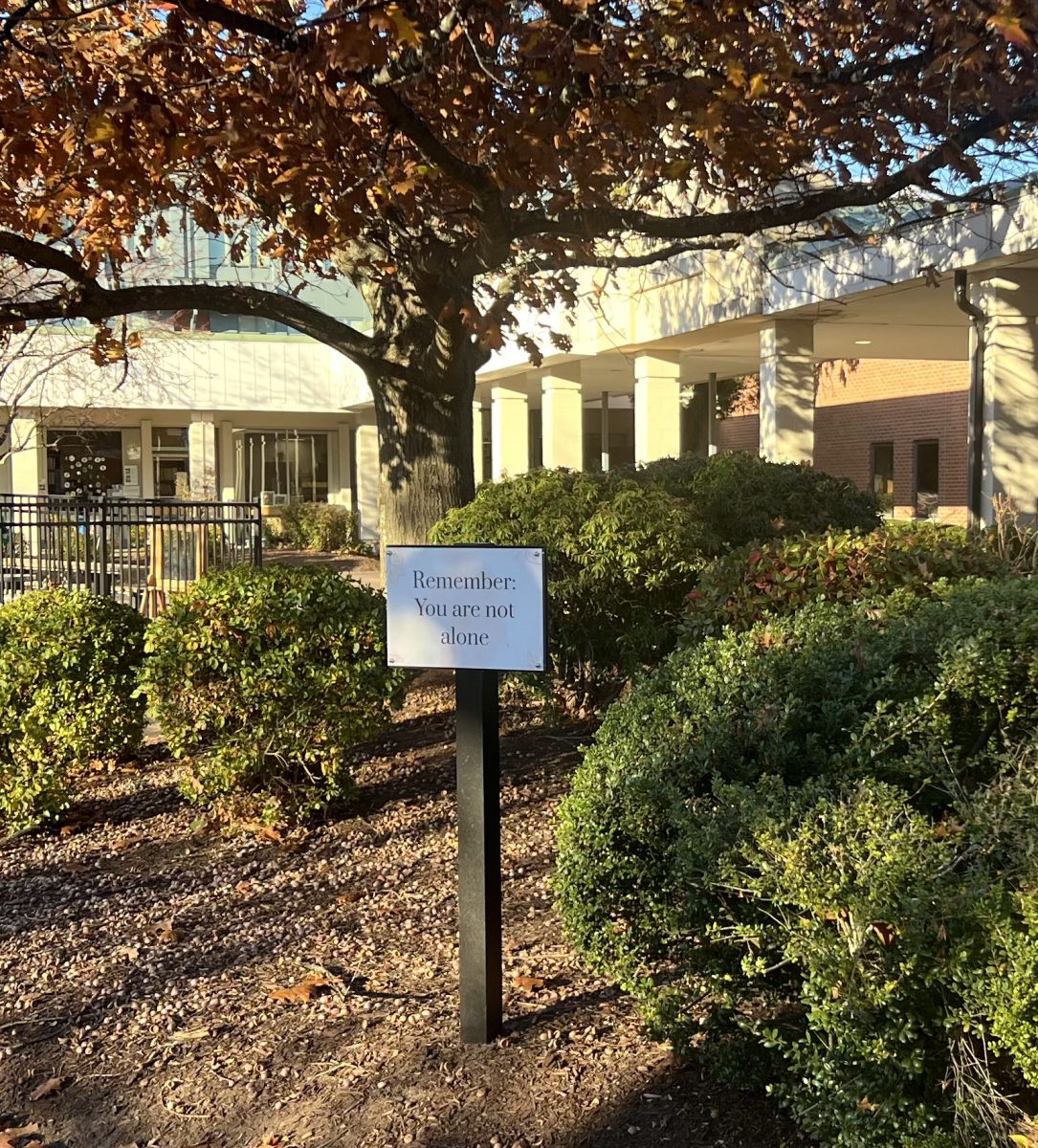Local Elections
While presidential elections tend to dominate the news cycle, state and local elections are where many of the decisions that directly impact our lives are made. Engaging in these elections is one of the most effective ways for voters to influence policies on critical issues in our communities. For CT State Community College students, state and local elections are particularly important since the decisions made by elected officials can directly impact issues that matter most to us as students, like tuition increases, funding for the state’s 12 community colleges and 4 state universities, campus safety, and public transportation access. More on those issues:
- Education: State legislators decide on budgets for public colleges, including the 12 community colleges and 4 state universities in Connecticut. They influence policies around tuition rates, financial aid programs and course availability. Voting for candidates who prioritize affordable education can help make college more accessible.
- Campus Resources: Funding for campus resources, like mental health services, academic tutoring and support, and extracurricular programs, is often determined by state budgets and policies. Electing officials who advocate for student needs can result in better campus facilities and more support services.
- Public Transportation and Infrastructure: Local officials make decisions on public transit routes, road repairs, and pedestrian safety. These decisions shape how easily we can commute to campus, get to work, and move around the community. They also influence prices on busses and trains. If you rely on public transportation to get to campus, local government decisions about transit routes, schedules, and fares directly impact your daily life. Supporting candidates who prioritize accessible and affordable public transportation can improve the quality of your commute.
- Healthcare and Safety Regulations: State and local officials set policies on healthcare services and public health measures. These policies determine funding for health centers, regulations for public safety, and emergency response services.
- Employment Opportunities and Worker Protections: Many community college students work part-time while attending school. Local officials often decide on policies related to minimum wage, worker rights, and job training programs. By voting for candidates who support fair wages and strong worker protections, students can advocate for better working conditions and higher pay.











